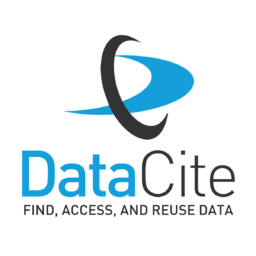DataCite and Plum Analytics: Turning Non-Traditional Research Outputs into First-Class Digital Objects
We are always expanding our sources and the latest is DataCite. Founded on the principle that research datasets need persistent identifiers, DataCite expanded to assign DOIs to many types of non-traditional research outputs. Plum Analytics is now tracking these with DOIs from DataCite.

This gives you an easy way to track persistent identifiers to non-traditional outputs, allowing PlumX users to get credit for all of their research, not just what is published in peer-reviewed journals. By simply adding the Datacite DOI to a group, grant or researcher profile, it will show up and be tracked in the corresponding dashboard.
Sharing Research Data
Research data sharing requirements are growing. The National Science Foundation (NSF) in the US requires it. The Research Councils UK (RCUK) have a common policy about data sharing that provides a framework for the research councils. This is true in many other countries as well. Additionally, some journals require data sharing, such as PLoS and Nature. In addition to these mandates, research has shown that sharing detailed research data is associated with higher citation rates.
With this integration, tracking research data as part of a researcher profile or other group in PlumX Dashboards is simple.
Hidden Discoveries: Sharing Other Types of Research
Once we loaded all of the DataCite DOIs into PlumX, we discovered a lot of other ways people are using DataCite besides tracking data. For example, we found articles to non-peer reviewed journals, pre-print articles, code sets, guidelines and standards.
This is one more step on our quest to track the world’s research output – no matter the format or location – and make sure credit is given where it is due.